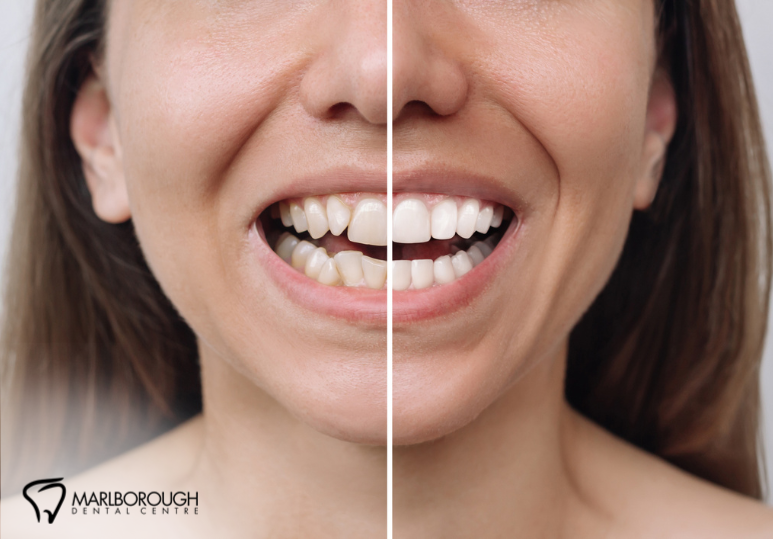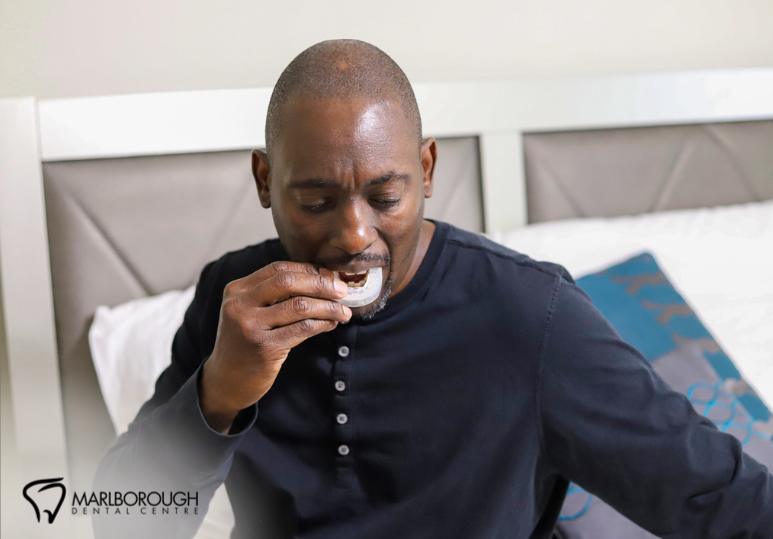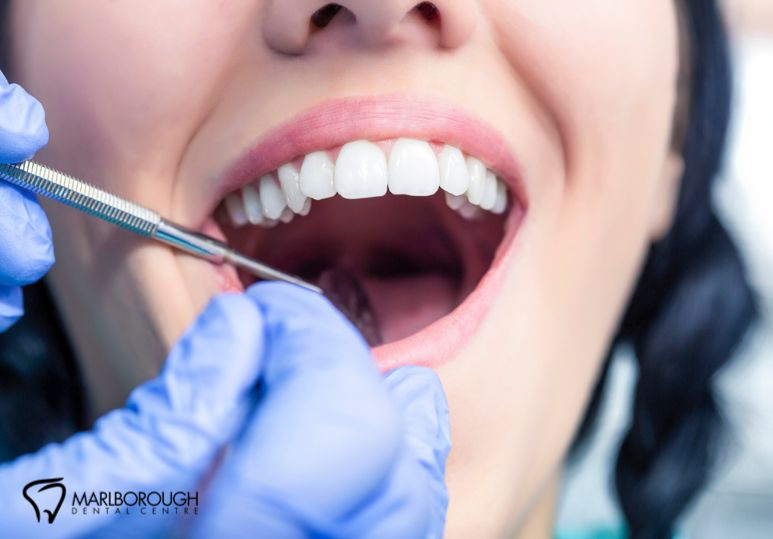We’re all aware of the benefits we reap from maintaining a thorough oral hygiene routine. We all strive for an excellent check up at our next dental appointment. Do you know what the best routine is for optimal oral care? NE Calgary dentist, Dr. Michael Popp explores the myths of mouthwash and reveals the best oral care routine.
Myth 1: You’ve used one mouthwash; you’ve used them all.
Not exactly, there are several differences in the realm of rinses. The first thing you need to know about mouthwash is that they are broken into two groups: therapeutic mouthwash and cosmetic mouthwash.
Therapeutic Mouthwash contains more active ingredients, such as fluoride and necessary oils, which are proven to decrease plaque build up and combat cavities.
Cosmetic Mouthwash has properties that can reduce bacteria in your mouth and also relieve bad breath temporarily. These types of rinses can also loosen food particles from teeth. Other than the above and freshening your breath, cosmetic washes have no other dental benefits.
Myth 2: Mouthwash has a harsh sensation, is it bad for me?
Mouthwashes are basically made in two ways: With alcohol and alcohol-free. Some people find that the alcohol can be harsh and dry out their mouths, creating an adverse effect of bad breath. Others have no issues with the alcohol-based products, so you will have to try it and see what works best for you. Manufacturers have started making alcohol-free rinses to alleviate these effects. However, alcohol-free mouthwash can present some issues too. Some of these rinses can have an unpleasant taste or burn as well. Some also contain an ingredient called Chlorhexidine, which can affect your ability to taste properly for a brief moment and is not advised for long term use. Whichever type of mouthwash you prefer, be sure to read the entire label and follow the instructions accordingly. Both kinds of rinses are not to be ingested, so be sure small children don’t have access to them.
Myth 3: If I use mouthwash, then I don’t have to brush or floss.
This is completely false. Brushing and flossing provide an appropriate clean for your mouth that can last the majority of the day. Mouthwash can assist them by killing additional bacteria, but it doesn’t contain the same cleaning properties. It’s imperative that your mouth receives a proper cleaning to move plaque and other cavity causing agents. The only time one may only rinse with mouthwash is post-surgery, when you may have stitches or a sensitive spots in the mouth. Your dental provider will advise when those precautions are necessary.
So hopefully that clears up any questions or concerns you had regarding mouthwashes. There are many benefits and differences to oral rinses. You may need to shop around to find the best mouthwash for your mouth, but it’s worth it. Maintaining a well-rounded and consistent oral cleaning routine is your best defense for oral health. If you have any questions about your oral health or need to schedule a routine check up, call Dr. Michael Popp at Marlborough Dental Clinic in NE Calgary at 403.248.2066.



